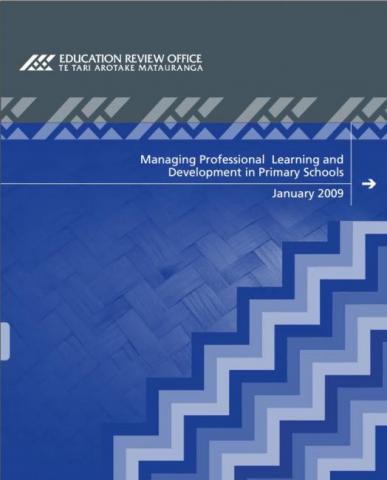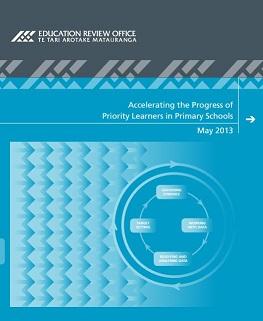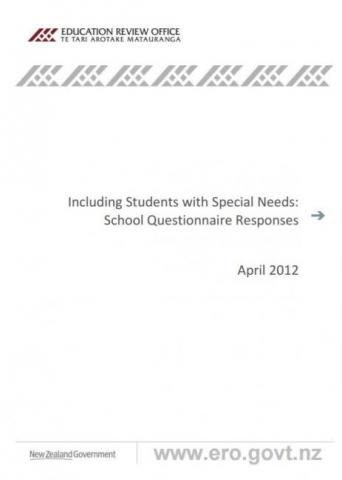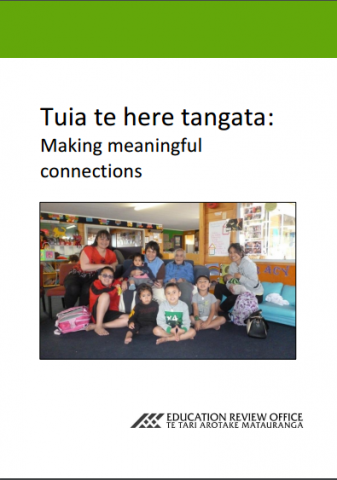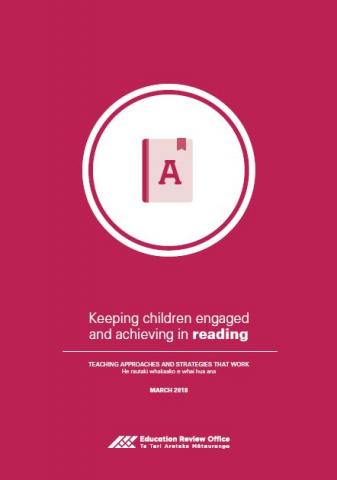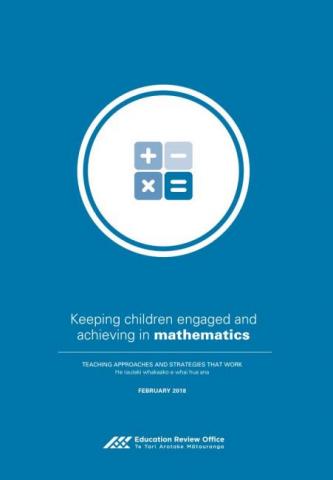Whole school buddy system
Published: 04 Sep 2017
At Otumoetai Intermediate, all teachers are engaged in differentiated professional learning and development. Those with similar goals are ‘buddied’ with another staff member.
- Audience:
- Education
- Parents
- Schools
- Content type:
- Research
- Topics:
- Improvement
- Professional capability
- Evaluation indicators
- Leadership
- Video
- Improvement in Action Te Ahu Whakamua
